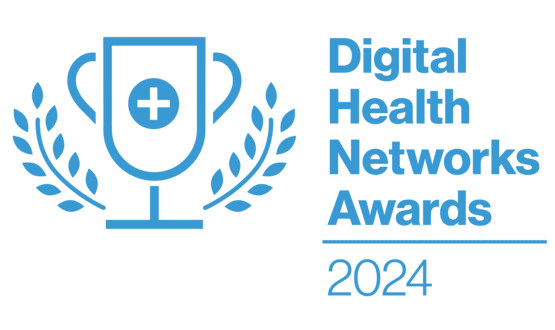Physicians must lead IT – Kaiser chief
- 12 November 2014

Clinicians must become leaders in the IT revolution if it is to become a success, according to the head of US healthcare provider Kaiser Permanente.
Dr Jack Cochran, executive director of the Permanente Foundation, told attendees at the Health 2.0 conference in London that the “disproportionate impact” that physicians can have on healthcare plans means their support is crucial.
“Like all of you, physicians are independent, intelligent and fiercely professional – they don’t just follow a pathway because you tell them to, they’re independent people.
“If they’re not enthused and excited and committed, they can really hold the bar down while others are trying to lift it up.”
Aging population and more patients with co-morbidities, declining career satisfaction, and an “exponential growth” in knowledge, technology and complexity are the main challenges currently facing physicians, Cochran said.
However, while technology is a challenge, he said it will also provide greater certainty to physicians about the quality of information being provided to them.
“I believe and see that [technology] is also key to physicians’ futures, because they feel happier knowing that the technology and data is there and is precise.”
Cochran said physicians must take greater responsibility and interest in the development of new IT systems and innovations, given the influence they can have on patients.
“A physician as a leader doesn’t sit on the sideline while new apps are being developed and say, ‘I’m already working very hard, my work ends in the examination room’.
“Physicians, pharmacists and nurses are still the most trusted for health information – they still have the heart and the ear of the patient.”
However, he said simply installing new systems in an organisation will not be successful unless all staff are educated about the importance of embracing greater use of technology.
“Automating chaos does not make it better. An old organisation with new technology can equal a costly, old organisation. We didn’t change because of one bright leader, or one bright region – our culture changed over time.”
Cochran said the top ten healthcare plans in the United States are all based on an integrated care approach with IT systems, showing the importance of a joined-up approach to treatment.
“The information age continues to move [customer] information, knowledge and transactions from sites to patients, and health has got to move there.”
Health and care leaders must also focus on improving their knowledge of IT systems and services, he said.
“We need better IT and better apps, but the foundation of that is better learning. We’re not going to legislate our way to better healthcare, we’re going to learn our way to better healthcare, so we need to write the owner’s manual.”
EHI hosts the CCIO Leaders Network to encourage all NHS organisations to appoint a chief clinical information officer to lead on IT and information projects, and to develop career paths for doctors, nurses and other healthcare staff interested in technology. More details on the CCIO pages of the EHI website.




